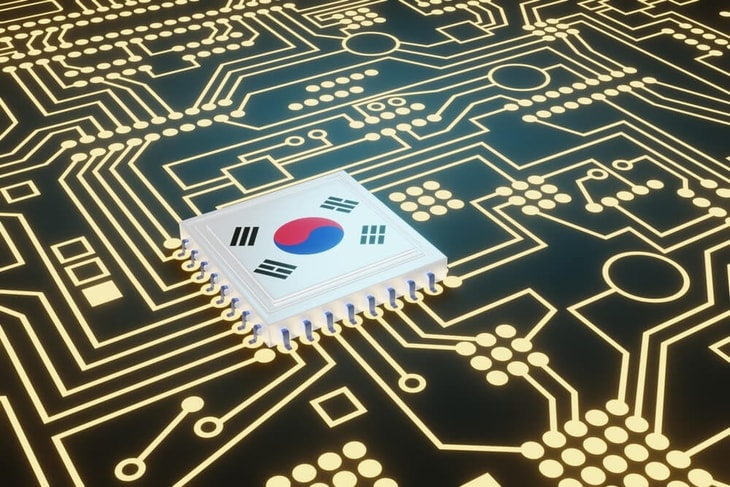South Korean tech giant Samsung Electronics has announced plans to invest 300 trillion Korean won ($228 billion) in development of a new semiconductor complex in South Korea.
In an announcement made on 14th March, the South Korean government stated that the new facility will be the world’s largest, indicating a strong push by the country to cement its position as a leading force in high-tech industry.
According to the government, it aims to draw 550 trillion won ($419bn) in private investment by 2026 in areas such as semiconductor chips, displays, electric vehicles and batteries.
The country will harness large-scale private investment plans worth $228bn to create ‘the world’s largest’ new advanced system semiconductor cluster in the town of Namsa in Yongin, a city located just outside Seoul.
... to continue reading you must be subscribed







